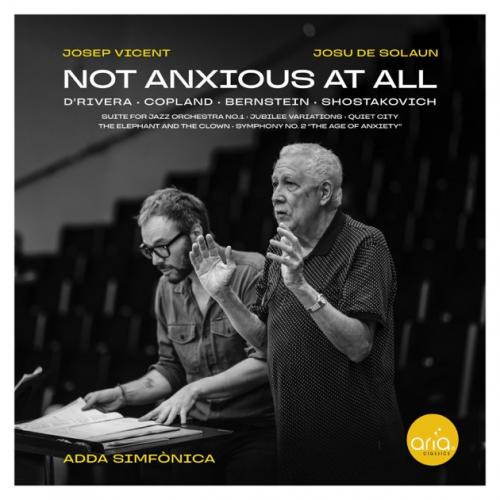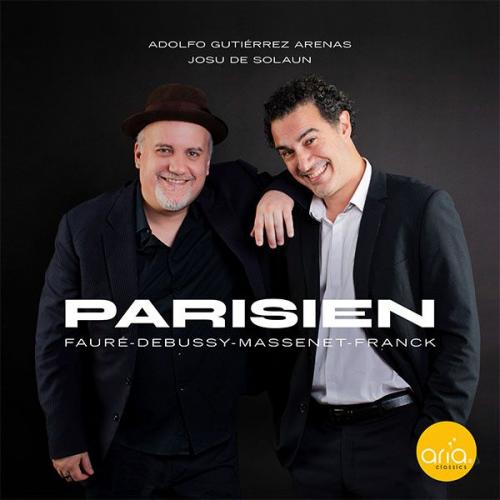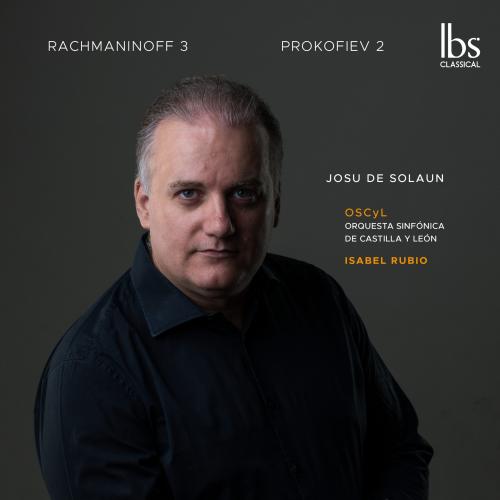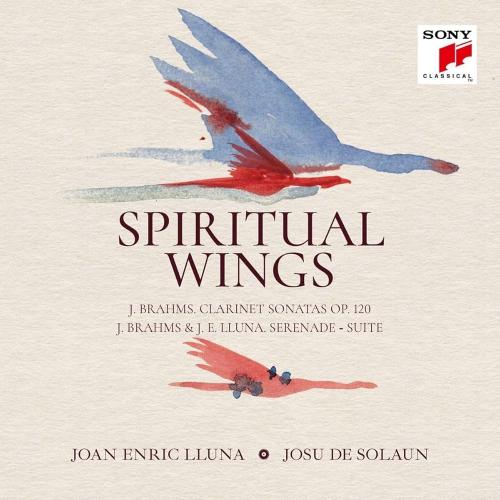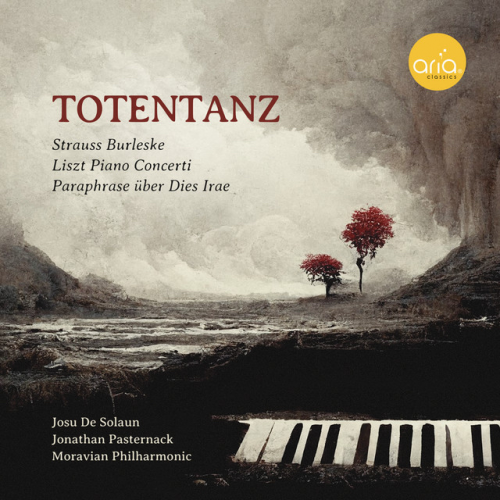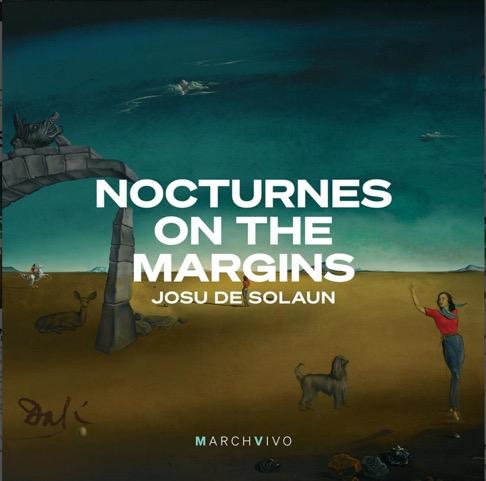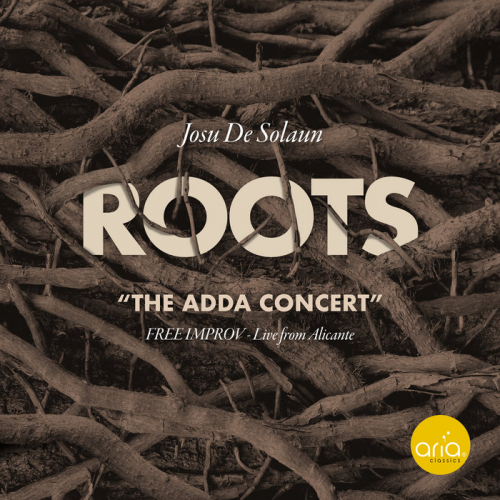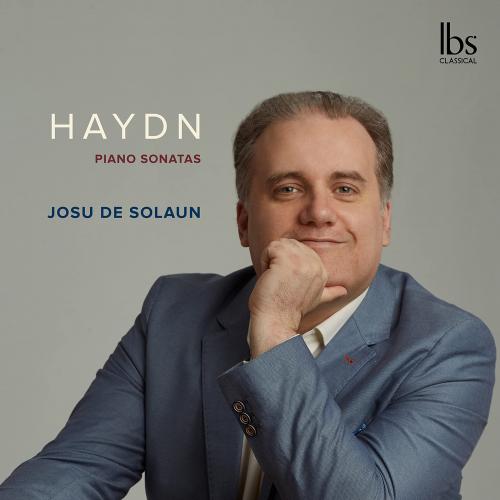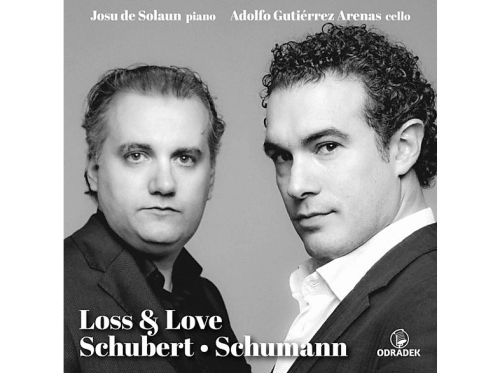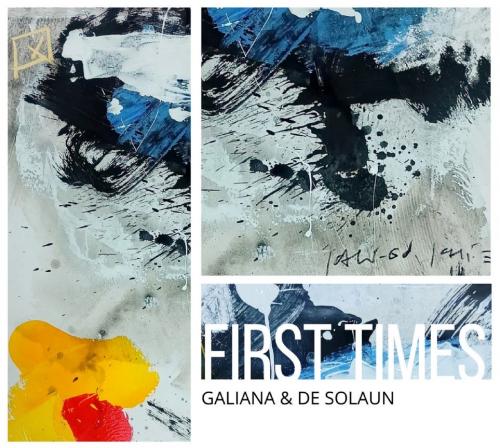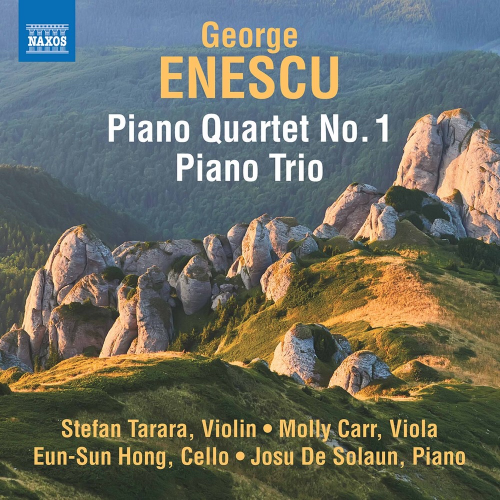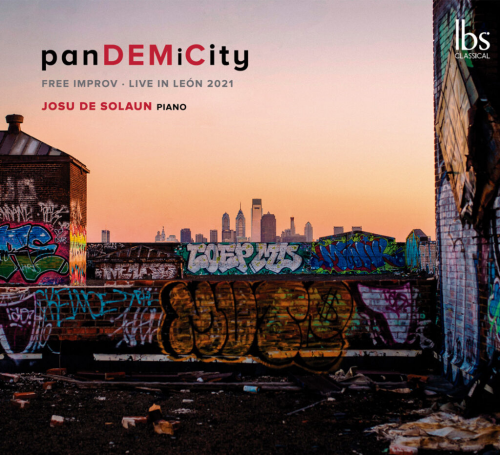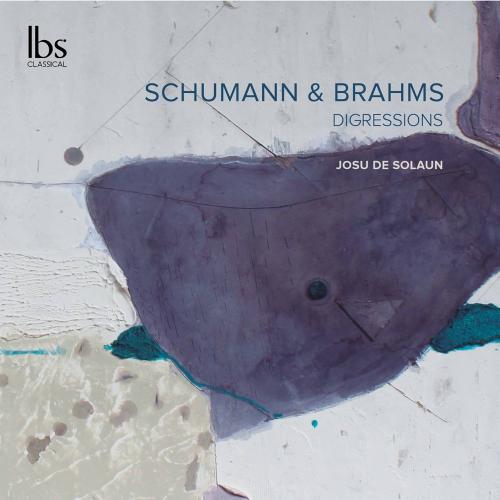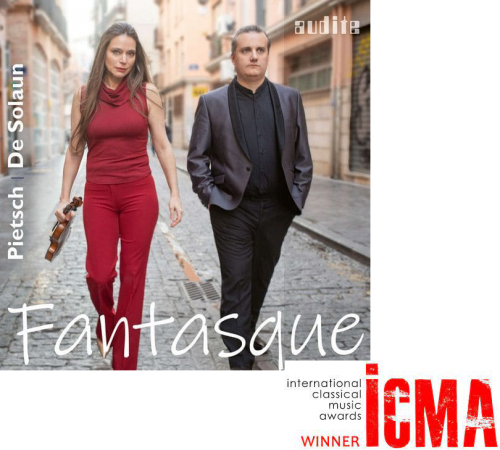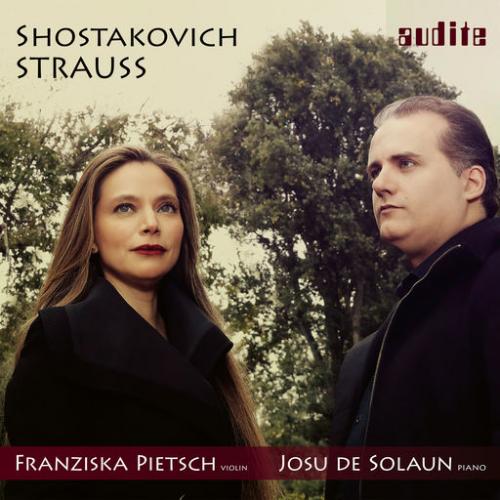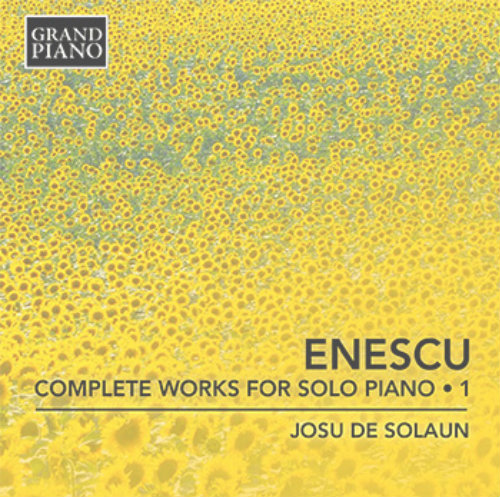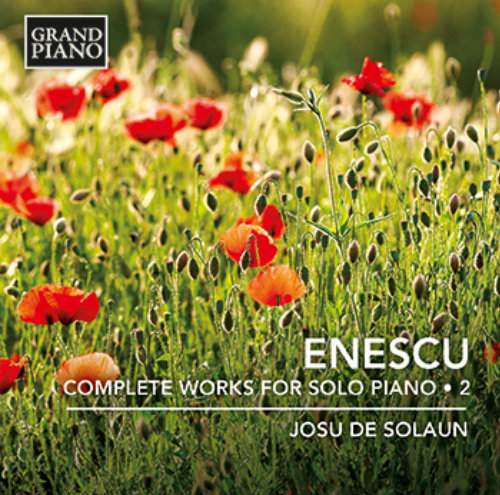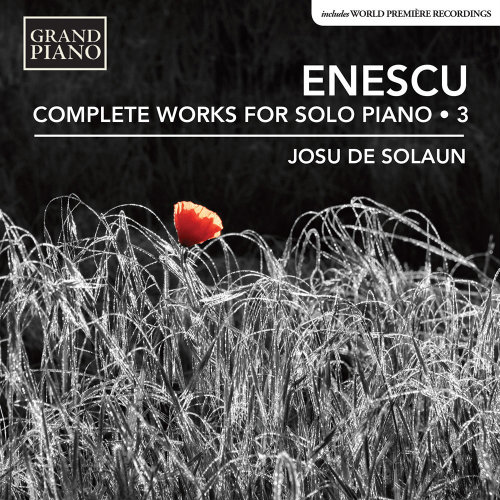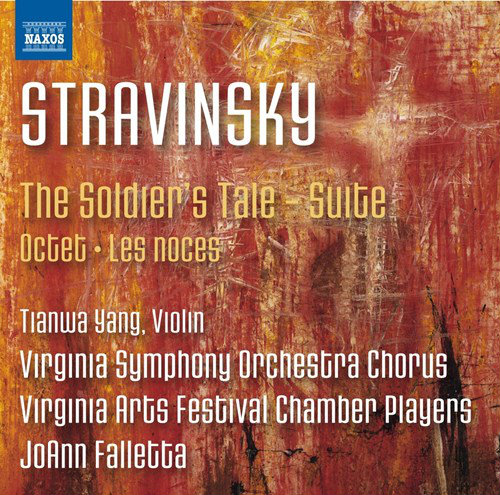With FIRST TIMES, two of Spain’s most singular musical voices — saxophonist, composer, and improviser Josep Lluís Galiana, and concert pianist and composer Josu De Solaun — come together to champion free improvisation as an art form of radical honesty and profound connection.
This album is not a composition, but a co-created event, recorded live on June 20, 2021 at the Teatre Auditori de Catarroja (Valencia). It is a meeting of minds, of gestures, of silences — a spontaneous unfolding of form, space, and sound across 23 improvisations, of which 14 are presented here. Moving fluidly between avant-garde jazz, contemporary music, electroacoustic textures, and poetic abstraction, the duo forges a sonic terrain both unpredictable and intimately structured.
Despite coming from seemingly divergent worlds — Galiana from decades of free improvisation, sound experimentation, and electroacoustic creation; De Solaun from a brilliant career in classical performance and international concertizing — the two artists share a deep aesthetic and philosophical complicity. Their long-standing friendship (dating back over 25 years) lends this album an emotional cohesion that transcends genre.
De Solaun, known for his refined interpretations of Brahms, Enescu, Rachmaninoff, and others, steps here into a space of cathartic unpredictability, revealing a parallel artistic voice shaped by spontaneity and poetic instinct. Galiana, with his vast sonic palette developed over four decades of exploration, engages the moment with masterful sensitivity and textural imagination.
As De Solaun says,
“Playing with Josep Lluís has been an unpredictable delight — a cathartic adventure that reconnects me with the origins of my artistic path and challenges everything I know.”
And for Galiana,
“This album is a celebration of creative freedom — a culmination of many firsts we’ve shared, and the beginning of many more.”
The album’s title — FIRST TIMES — evokes both the thrill of discovery and the humility of listening anew. Each piece is a dialogue, not just between two musicians, but between two lives, two traditions, two poetic intuitions. The track titles, added later, act as painterly brushstrokes, reflecting the music’s own primordial voice, not determining it.
In the words of critic Paco Yáñez, who contributes an insightful booklet essay:
“What we hear here is free improvisation as a site of mutual reflection — a demanding act of listening turned into a game of self in the other.”
More than an album, FIRST TIMES is an artistic act of trust.
An offering of vulnerability.
A moment suspended in time —
where two artists meet without a map, and find, in the unknown,
a shared language.
